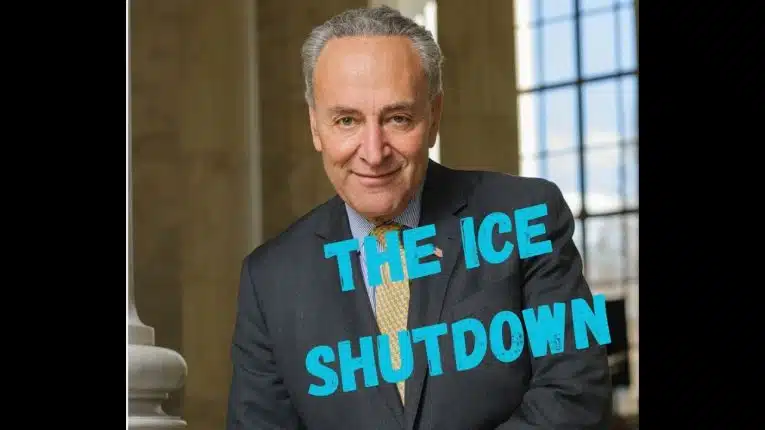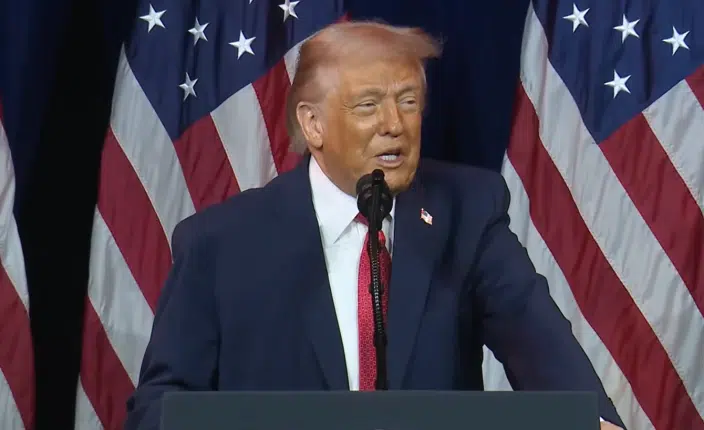Many advocates of free markets believe that a government-run system to protect intellectual property is necessary for free market capitalism to thrive. Contrary to that false belief, when government protects intellectual property using patents and copyrights, monopoly power is granted to the person that is able to purchase such government protections from competition for a fixed period of time.
Having the government protect your idea or product from competition is counter to the ideas of free market capitalism. When competition is prevented, the consumer loses and innovation grinds to a halt. The producer, due to lack of a competitive market, loses all motivation to innovate his or her product. After all, there is no one competing against them, why would they need to update their product?
Many advocates of patents, copyrights, and other protections that are offered by the government argue that such protections are necessary to prevent theft of ideas. Further, these advocates also suggest that without such protections, innovation would grind to a halt. Why? These people believe that without protections, producers would lack the motivation to innovate without protection. According to those who believe this to be true, producers would never invest the time and resources if there were a risk that ideas would be stolen before products make it to market.
However, such advocates of the government providing producers with monopoly powers in the marketplace are misinformed when they assume innovation is halted by a lack of government protections. As it was explained above, innovation is stunted during the period of time that the monopoly exists.
Historically, patents and copyrights that were allegedly used to protect intellectual property were actually used by the government as a way to honor those that were favored by the governing class. As law professor Eric E. Johnson noted in a recent article in The Freeman authored by Stephan Kinsella, “The monopolies now understood as copyrights and patents were originally created by royal decree, bestowed as a form of favoritism and control. As the power of the monarchy dwindled, these chartered monopolies were reformed, and essentially by default, they wound up in the hands of authors and inventors.”
These institutions today, even though not under the control of a monarch, are much the same. Companies use patents to prevent competition, and threaten to sue anyone who happens to independently develop products or techniques that are similar to the product that a company has a patent on. Such a system doesn’t sound terribly free market after all, does it?
While many believe that the government protection of intellectual property is one of the cornerstones of a free-market capitalist economy, granting a company monopoly privilege over production flies straight in the face of such a system.
Advocates of free-market capitalism should want to see companies compete. When markets have no barriers to entry and exit, innovation is a must for companies to survive. But when monopoly protection for an idea or a product can be purchased from the government, the free-market system is stifled, and consumers are robbed of the fair prices set by competitive markets and the better products that they would have otherwise had.
Adam Bitely is the Editor-in-Chief of NetRightDaily.com. You can follow him on Twitter at @AdamBitely.






